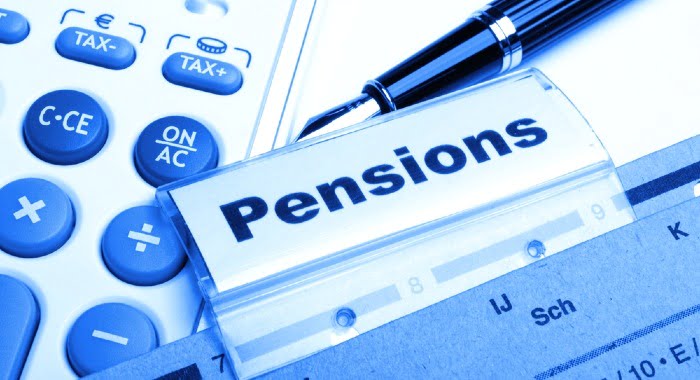Vulnerable consumers claim to have been ‘bullied and criminalised’ by HMRC after losing their pensions.
Victims of pension scams have been pushed to their limits after losing their life savings and then being pursued by HM Revenue and Customs for substantial tax bills. The taxman has been described as implacable and relentless, charging people hundreds of thousands of pounds for savings that have been stolen by fraudsters.
One man received a tax bill for £290,000 in 2015 after he was swindled out of his £528,000 savings and said he was forced to release equity amounting to two-thirds of the value of his home to pay HMRC. Although the pension transfer was made six months before the man’s 55th birthday, he was assured that no money would be sent to him until he reached pensionable age.
But it looked to tax officials as though he had withdrawn all his savings. The victim said he received only £59,000 after he turned 55.
This type of fraud, known as a ‘pension liberation scam’, involves highly proficient tricksters claiming there are legal loopholes which allow a person to access their pension early without paying the tax charge normally associated with early access. However, with few exceptions, anyone who accesses their pension early faces a 55pc tax charge.
HMRC ‘bullying and threatening’
The victim said HMRC thought he had received the rest of the money but he did not. He and his wife couldn’t cope with the torrent of letters demanding payment and he is sure he will die working, because he will be unable to retire. He also doubts whether he will ever regain ownership of his house. He had paid £10,000 in fees to fight HMRC and had managed to reduce the bill to £49,000, which accounts for 83pc of the money he received.
Another scam victim said he was made to feel like a criminal because he was unable to pay his tax bills. He had felt bullied by HMRC, which had behaved aggressively, and was forced to set up a payment plan following threats involving bailiffs. To make matters worse, they were wholly unsympathetic to the fact that his pension transfer was being investigated by the Serious Fraud Office (SFO). The man had transferred his pension to a suspected scammer at the age of 47 and lost £108,000.
He had been tempted by the promise of a cash incentive of 5pc and received £5,400, which he was told would not come out of his pension. Yet he received a tax bill of 55pc, which has increased with interest every day since.
Eight million savers already targeted
Stephen Timms, a Labour MP and chair of the work and pensions select committee, has called for a change in the law to allow HMRC discretion not to insist on payment where it is evident that a scam victim has not received any financial benefit. He said HMRC is relentless and inflexible in chasing tax due from pension scam victims even when their savings have been lost to the scam.
Margaret Snowdon, of the Pension Scams Industry Group (PSIG), said rules could be changed easily but this was unlikely. She added that their approaches to HMRC had largely been ignored, which is a tragedy as these victims have lost so much already.
A spokesman for HMRC said they appreciate how upsetting it is for those targeted by scams and sympathise greatly with them. However, they must collect the unauthorised payment charge due under the law, following unauthorised access to pension savings.
He added that savers are taxed only on payments they and their family members received. Strictly speaking, someone who is defrauded of their savings as the result of a pension scam should not be taxed on the money they have lost due to the fraud. Yet proving that fraud has been committed can be difficult.
Around eight million people so far have been targeted by fraudsters trying to take advantage of innocent pension savers.






